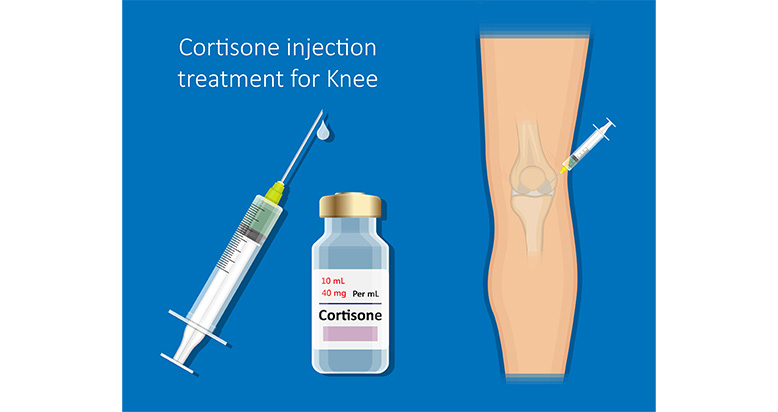
If you're recommended a cortisol injection for knee pain, come talk to us first. Cortisol is a hormone produced in response to stress or danger, and it provides short-term pain relief by diverting attention from pain stimuli. For example, a soldier on a battlefield may not feel pain from a gunshot wound due to elevated cortisol levels in the body, allowing them to continue fighting for survival. It certainly has its place. However, using cortisol injections long-term can be harmful to your body. While many healthcare practitioners acknowledge this risk, they often use cortisol when other treatments aren't readily available in the office.
We're here to offer you an alternative. Consider trying dry needling first, which can provide significant pain relief similar to cortisol injections. Plus, not to scare you, but the needle used for cortisol injections is a 22-gauge needle (0.7 mm), which is twice as thick as the needles used for dry needling (0.3 mm). Ouch.
If you're dealing with knee pain, there are alternatives to Advil, cortisol injections or surgery. Alongside dry needling, therapeutic exercises can strengthen the muscles around your knee and promote the production of synovial fluid, a natural lubricant that helps your knee move more smoothly.
Now is an excellent time to start physical therapy for knee pain and get ready for spring. Give us a call and we can help you!
Book a free, no-obligation consultation!